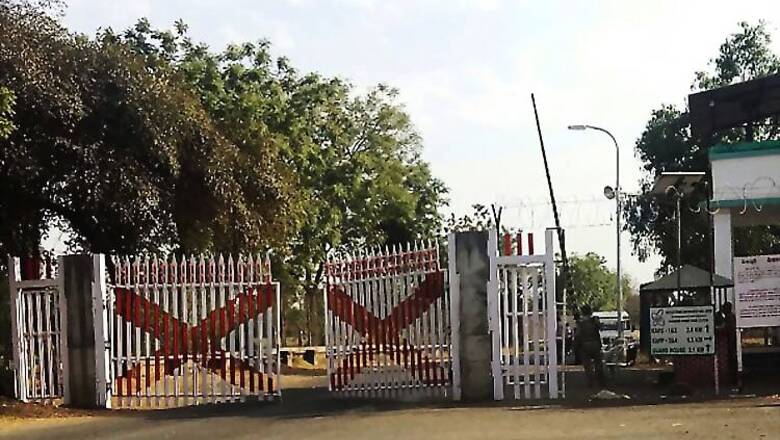
views
Ahmedabad: A day after one of the units of Kakrapar Atomic Power Station (KAPS) near Surat in Gujarat was shut down after heavy water leakage, a team of experts on Saturday began a probe to identify the cause of the leak even as officials reaffirmed that there was no radioactive release at the site.
Two experts from the Atomic Energy Regulatory Board (AERB) are at the site to assist KAPS officials in the probe. The experts have been deputed for an independent assessment of the situation at the affected plant, which continues to remain shut for the second day on Saturday after the leakage.
One of the two 220 MW units of KAPS was shut down after leakage of heavy water, which is used for cooling off the nuclear reactor core, reported around 9 AM on Friday.
A temporary site emergency was also declared as a measure of safety, although the officials said that there was no radioactive leak and all the workers were safe.
"We have carried out a thorough radiation survey and there is no change in radiation level at the plant and into public domain (outside the plant) as of today. There is no increase in radiation level. This confirms no radioactive release," site director KAPS, Lalit K jain, told PTI.
"Now that we are assured on the front of containing the leakage, our focus will be on identifying the cause of the leakage. The plant remains totally shut down, and further normalisation of the plant is currently being carried out, with two experts from AERB assisting us," Jain said.
The radiation levels inside the plant and in the nearby areas are being regularly monitored, he said. In July 2015, another unit (Unit II) of the power station had been shut down due to maintenance issue. KAPS 1 and 2 consist of two units of pressurised heavy water reactors of 220 MW each.




















Comments
0 comment